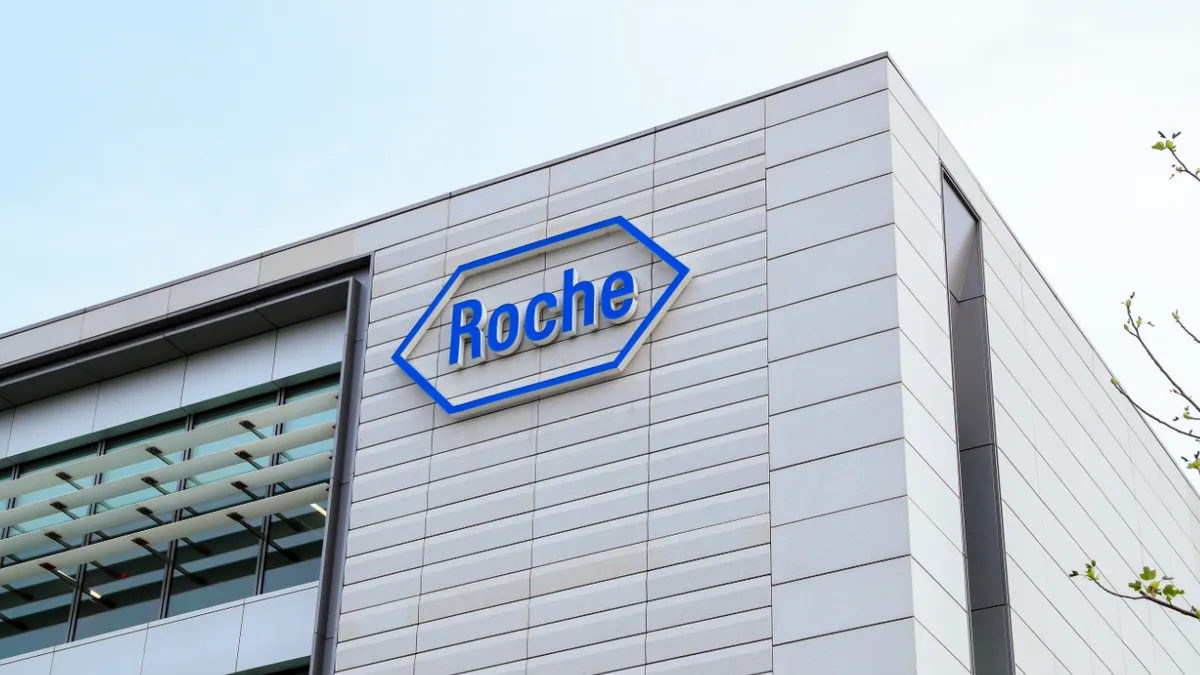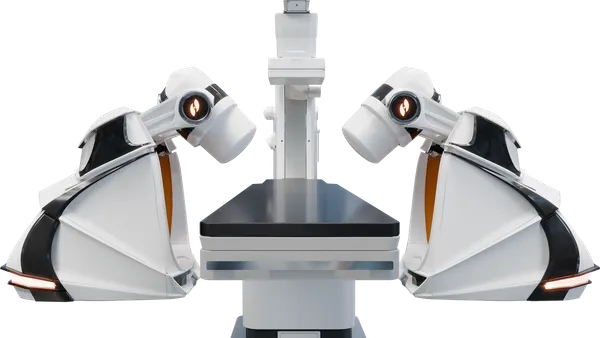Dive Brief:
- Roche said on Wednesday it received emergency use authorization (EUA) in the U.S. for a high-throughput test to detect the monkeypox virus.
- The Food and Drug Administration action covers the cobas MPXV test for use on Roche’s cobas 6800/8800 Systems. According to Roche, the EUA is the first granted by the agency following “evaluation in actual patient samples rather than just samples formulated in the laboratory.”
- Roche’s test correctly identified 30 positive and 47 negative samples in a study that evaluated cobas MPXV at one external site.
Dive Insight:
Roche, working with its subsidiary TIB Molbiol, in May developed three LightMix Modular Virus kits for the detection of the monkeypox virus. The PCR tests were for research use only and intended to help monitor the spread of the virus and the impact of public health interventions.
Roche’s latest response to the outbreak positions it to support the diagnosis of monkeypox infections. The test targets two regions of the monkeypox genome, which were picked because they are less prone to mutations than other parts of the virus. By targeting two parts of the genome, the company has tried to ensure the test will still detect monkeypox even if the virus mutates.
The assay detects monkeypox nucleic acids and the endogenous control, which is present to ensure the adequacy of specimens, in the same well. Using the same well effectively doubles the number of samples a laboratory can assess on each plate and halves the amount of reagent that is used per sample.
Thomas Schinecker, CEO of Roche Diagnostics, said in the statement that his team developed the product “to meet the testing needs and workflow demands of laboratories as well as expand access to safe and reliable diagnostic solutions.”
Access to testing has been an issue in the U.S., with physicians calling for additional capacity and new types of tests over the summer.













